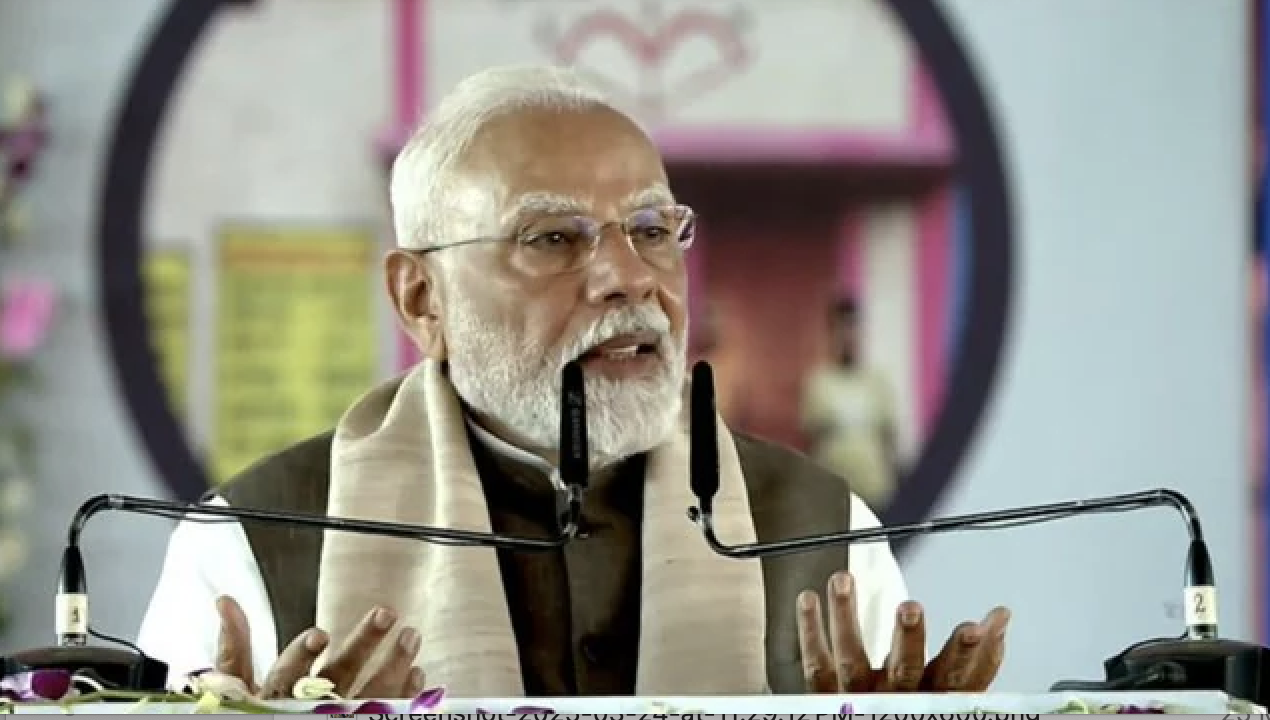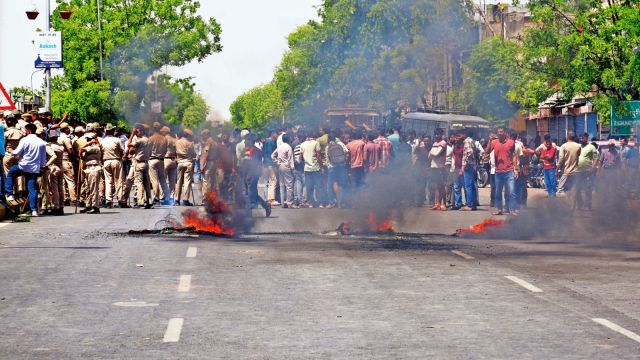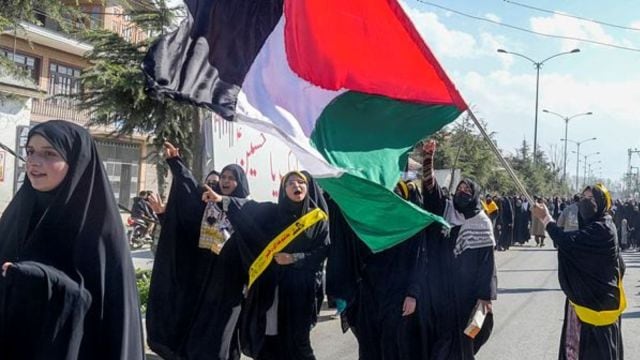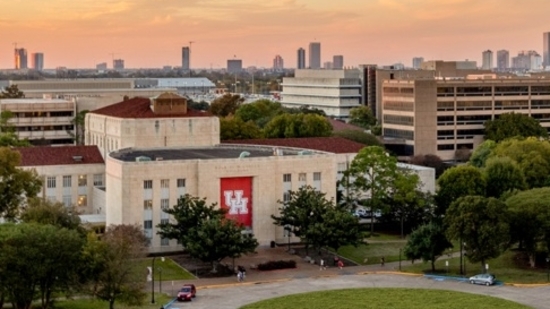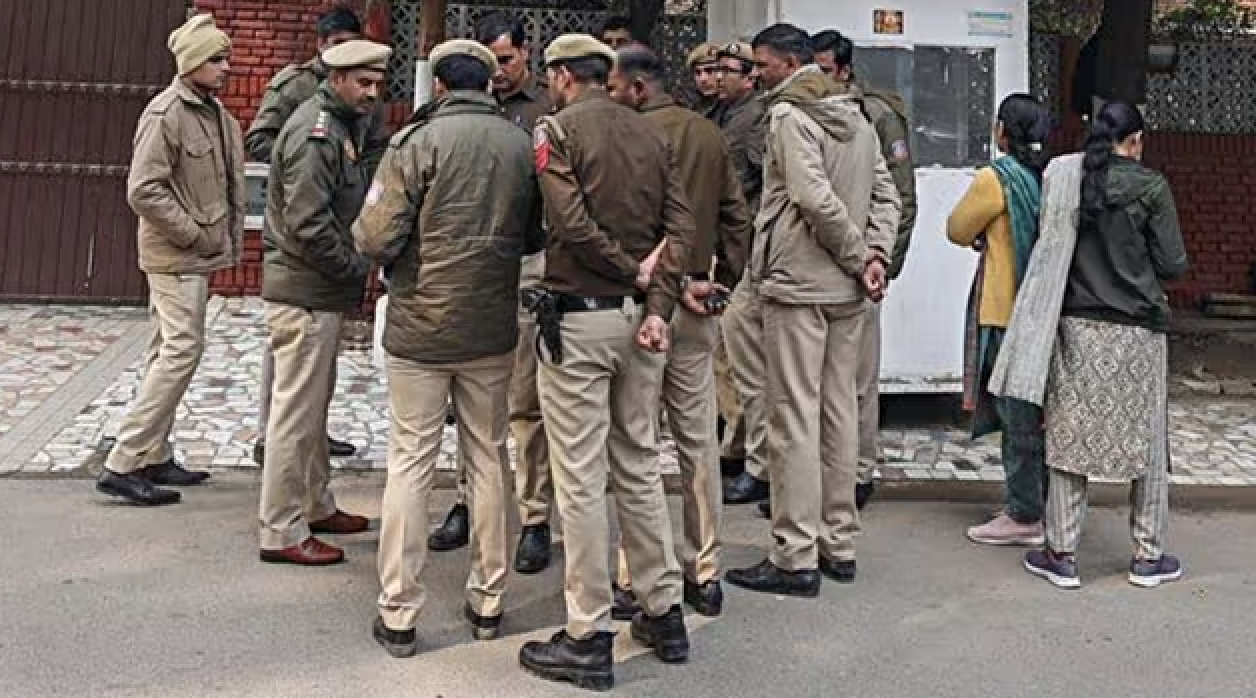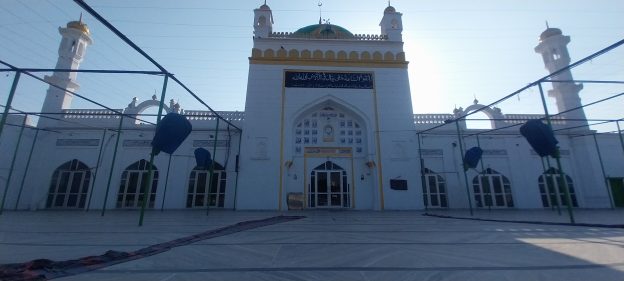
Sambhal, a little-known town in north India’s Uttar Pradesh, was in the news this week when violent protests and riots claimed five lives and left several others injured.
Protests erupted after the lone Mughal-era 16th century Shahi Masjid in the town, built in Emperor Babur’s time, was visited by a court-monitored team to assess whether the mosque was built after demolishing a Hindu temple on the site.
Hindu nationalist groups have been campaigning to “reclaim” what they say are Hindu religious sites in several cities including Varanasi, Mathura, and Agra ever since the Hindu majoritarian Bharatiya Janata Party (BJP) came to power in 2014. Incidentally, the BJP is also at the helm in Uttar Pradesh.
In January this year, Prime Minister Narendra Modi inaugurated the Ram Temple at Ayodhya in Uttar Pradesh. The temple was built on the site where the Babri Masjid once stood. In 1991, Hindutva mobs pulled down the mosque alleging that it was built at the site of a temple marking the birthplace of the Hindu god Ram.
So when a judicial team started assessing the origins of the ancient masjid in Sambhal, the agitated local Muslim population erupted in protests to stop what they perceived to be a “biased” survey. The Uttar Pradesh police administration is alleged to have fired at the Muslim mob but the police have refuted the charges claiming that the crowds, not the police, had used firearms.
Hindutva activists and lawyers filed a petition before the local court on November 19 with the plea that the Shahi Masjid had been built in 1526 by Mughal ruler Babar on the site of the “centuries-old Shri Hari Har Temple dedicated to Lord Kalki.” Kalki is the tenth and final avatar (incarnation) of the Hindu god Vishnu. The petitioners included Hari Shankar Jain an advocate who has filed a similar petition in another “mandir-masjid” (temple-mosque) dispute in the case of the Gyanvapi mosque in Varanasi. The petitioners said that Hindus be allowed unrestricted access to pray at the Shahi Masjid mosque site.
Within hours of the plea, the court ordered a survey which Muslim groups have criticized for being hasty as it did not give them the chance of a hearing. The first survey was conducted peacefully but suddenly a second survey was conducted on November 24, during which Hindu activists deliberately incited the Muslims with provocative sloganeering. The situation soon spiraled out of control with stone pelting, vandalism, firing, and the imposition of a curfew by the state administration.
This story was originally published in thediplomat.com. Read the full story here.


